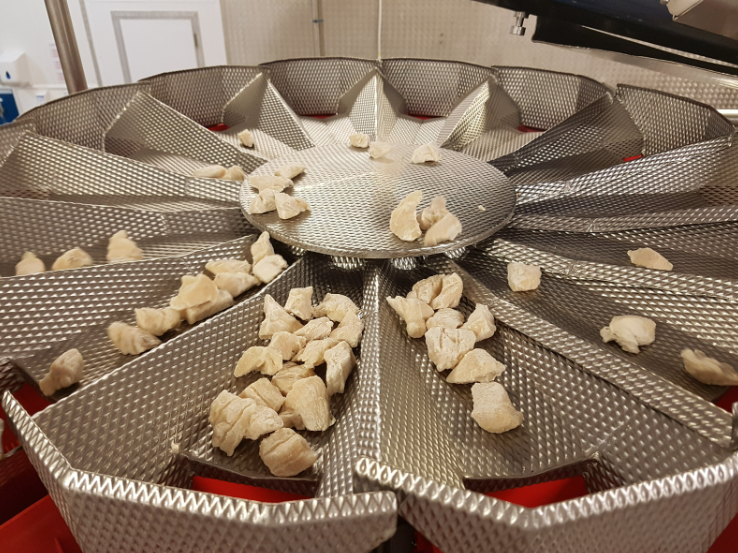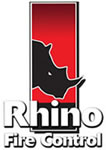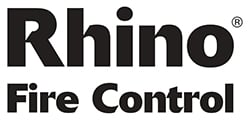
3 Factors To Consider When Selecting A Fire Alarm System For Your Food Manufacturing Plant
Fire alarms play a vital role in protecting people and property from harm in food manufacturing plants, where there’s an elevated risk of fire due to the cooking and heating processes involved.
When choosing a new fire alarm system for your premises, it’s important that you consider the following three factors to ensure that your chosen solution meets your business’s needs and offers optimum protection:
Type Of Alarm
There are several types of commercial fire alarm systems from which to choose, including:
-
Conventional: suitable for smaller premises, these systems identify the approximate location of a fire, are cost-effective to install and simple to use.
-
Addressable: unlike conventional fire alarms, addressable systems determine the exact location of a fire so that Fire and Rescue Services can be provided with more relevant information about the emergency and are suited to large or complex sites.
-
Wireless: wireless fire alarm systems operate in the same way as addressable systems but use wireless technology to connect devices. These systems are suitable for buildings where it is impractical or not cost-effective to run extensive lengths of cable.
To ensure you select the most suitable alarm system for your food manufacturing plant, it is necessary to understand the capabilities of each and to consider how effectively they will meet your business’s needs.
Size And Layout Of Your Premises
Because of the unique nature of food manufacturing and the associated risks involved (such as combustible dust, heating and cooking, and flammable gases or liquids), fire alarm system installation should take account of the size and layout of your premises. A minor blaze could become a raging inferno in a short time, so every room in the building should be carefully evaluated to ensure that fire detectors provide comprehensive coverage and that no corner is left untouched.
Understanding the layout of your premises will ensure that the most suitable fire alarm system is installed – some systems are designed specifically for different area coverage.
False Alarm Protection
False alarms can be disruptive and expensive, causing the unnecessary evacuation of the premises and unforeseen downtime. In food manufacturing facilities, an elevated risk of false alarms makes it more important that the fire alarm system has robust measures to reduce their frequency. In areas where it is more likely that an alarm may be accidentally triggered– for example, where there are plumes of food dust in the air – additional measures should be taken to reduce the risk, such as installing lower sensitivity detectors, and ensuring you have a suitable ventilation system in place remove surplus airborne dust particles.
Contact Rhino Fire Control For More Information
At Rhino Fire Control, our experts can support food manufacturing companies with the quick and safe installation of effective fire alarm systems. To find our more, please speak to an expert.
Image Source: Canva


.png?width=230&height=56&name=Speak%20To%20An%20Expert%20button%20cta%20(1).png)

